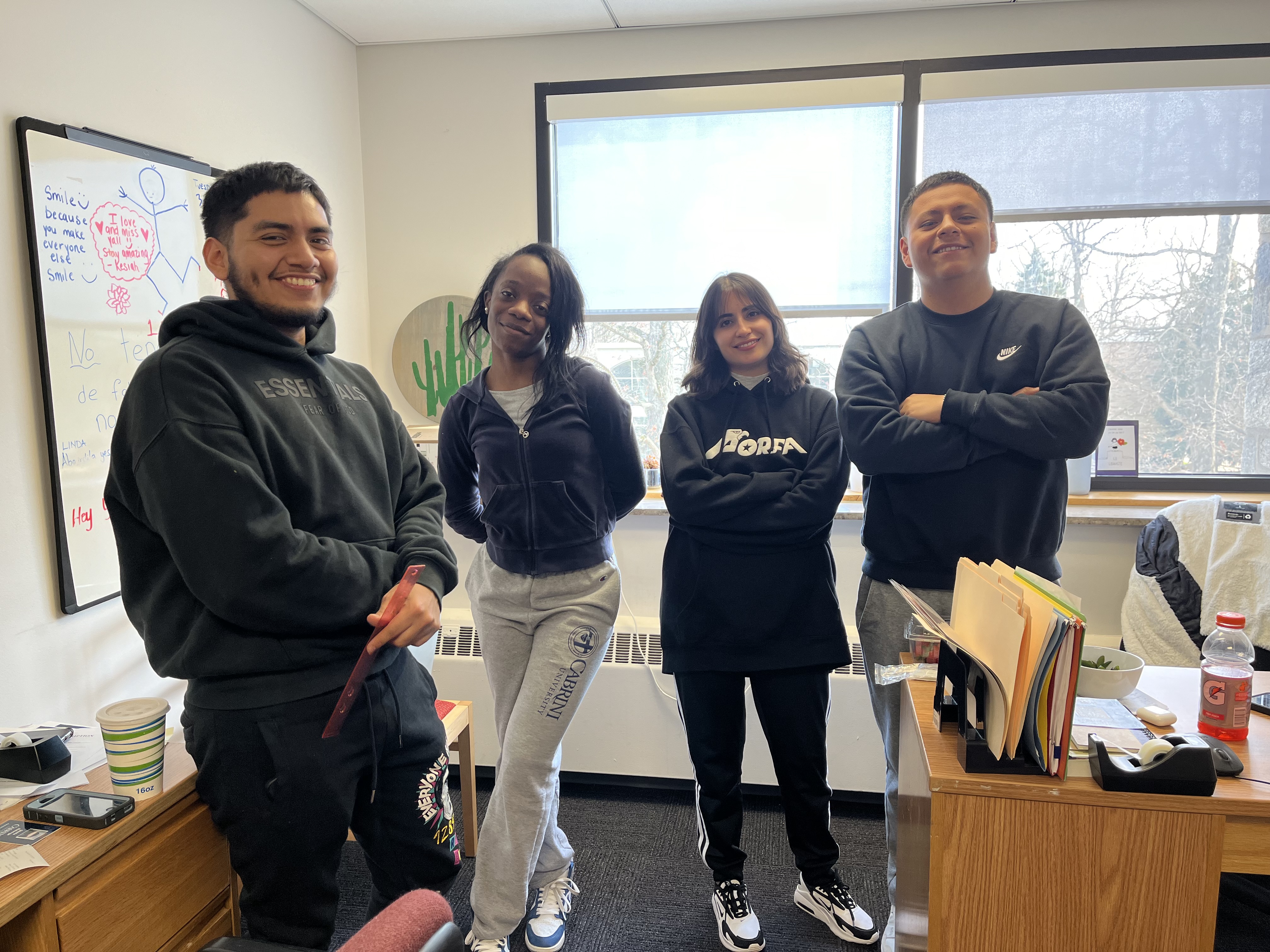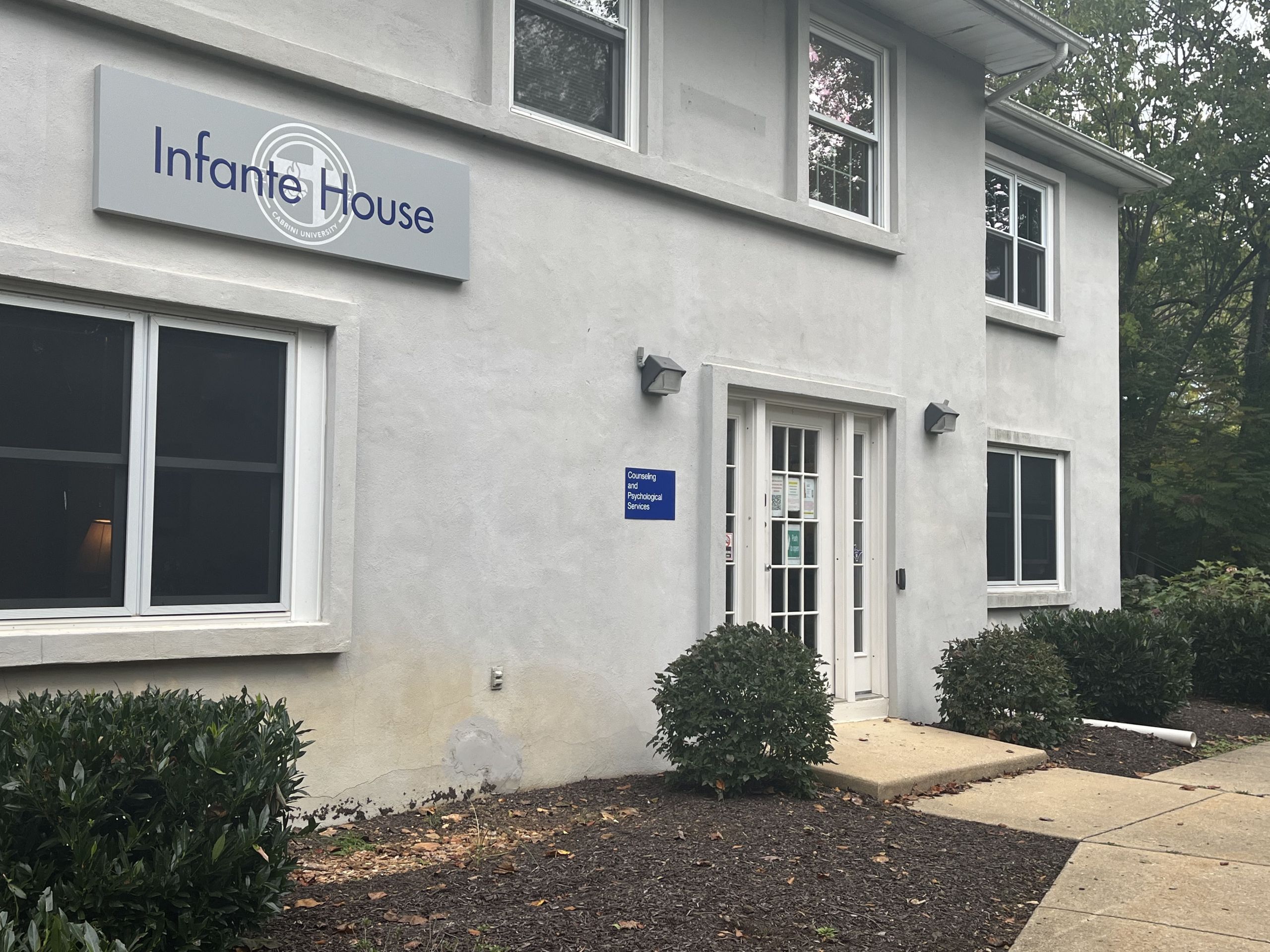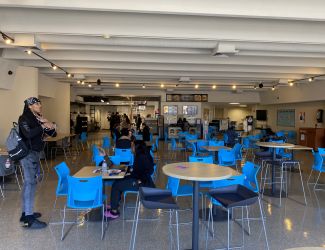In the midst of a loneliness epidemic, CaPS is hosting a new, multi-faceted event to educate and boost peer connections on campus. Primarily focuses on relationship building and communication, held on Tuesdays from 1:30 pm to 3:30 pm. These meetings also provide education on the foundation of healthy relationships and all topics surrounding it.
CaPS’ weekly event, which is primarily focused on relationship building and communication, is held on Tuesdays from 1:30 p.m. to 3:30 p.m. The meeting aims to create a relaxing and laid-back atmosphere and runs through a special schedule that allows students to connect with peers before and after the group. At 1:30 p.m., food and refreshments are provided in the downstairs conference room. Then, the group proceeds upstairs at 2 p.m. Students are welcome to hang out afterward; CaPS will provide games and activities.
CaPS director Bryan Peightal empathized with students. “It’s easier than any other year to kind of fall through the cracks to be a little bit more isolated, given the reduced numbers on campus and the nature of where we’re at.” Since the closure announcement, enrollment numbers have dwindled from the 708 undergraduates reported by Cabrini in Fall 2023, with many students transferring to other schools.
Peightal also points out that so many cultures and backgrounds influence individual perceptions of mental health. Currently, Peightal and the CaPS team are working to destigmatize the topic, “I think anything that is under the framework of therapeutic or mental health always comes with a degree of stigma, and that’s something the field has worked really hard to kind of reduce over the years. And, I think we’ve made tremendous progress, just as a field,” Peightal said.
A national epidemic
Last year, United States Surgeon General Dr. Vivek H. Murthy released a document declaring loneliness a significant national issue. The hefty 82-paged document, which amassed 325 references, presented psychological, community, and economic impacts worsened by the COVID-19. To this day, younger generations are still suffering the impact of the pandemic.
According to a PR release published by ASH Media on the U.S. Department of Health and Human Services’ website, “Even before the onset of the COVID-19 pandemic, approximately half of U.S. adults reported experiencing measurable levels of loneliness. Disconnection fundamentally affects our mental, physical, and societal health. In fact, loneliness and isolation increase the risk for individuals to develop mental health challenges in their lives, and lacking connection can increase the risk for premature death to levels comparable to smoking daily.”
The release also presented a national strategy to tackle the issue: Six Pillars to Advance Social Connection. It suggests “Strengthen Social Infrastructure in Local Communities, Enact Pro-Connection Public Policies, Mobilize the Health Sector, Reform Digital Environments, and Deepen Our Knowledge.” Most notably, CaPS strives to enact the final pillar, “Build a Culture of Connection.”
Student perception
Many students feel unsatisfied about the state of Cabrini’s student life.

Tiara Colon, a senior graphic design major, commented, “I don’t necessarily feel lonely. But there used to be a ton of people walking around. It feels like a ghost town.”
Similarly, Omar Renteria, a senior psychology major, expressed disappointment in the lack of engagement in commuter common spaces. “Even when I walk around campus there’s no one around besides faculty and people like that,” he said.
Combative efforts
Peightal added, “Our goal is always to reduce those stigmas and knock down some of those walls by, again, just getting out there in less conventional settings, seeing us around campus, tabling events, having resources or information shared with the students, putting faces to the name helping people to understand that you’re not signing a contract, you can come for as little or as much as you’d want. You can try something out and never come back. So there’s no pressure in that way.”
Overall, CaPS sets out to tackle one of the biggest issues young adults face today. Hopefully, by adopting this new event, students will feel a sense of comfort in shared experiences during Cabrini’s final months.






